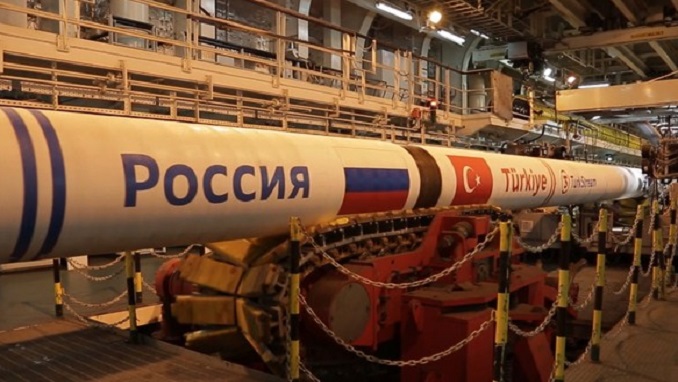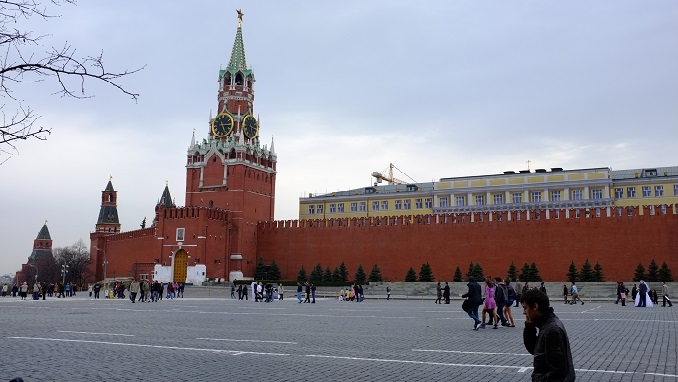During her visit to Astana on October 31, German Foreign Minister Annalena Baerbock stated that Germany will establish the Hydrogen Diplomacy Office to formalize communication between the governments and specialists of Kazakhstan and Germany in order to establish a stable fuel energy cycle, The Astana Times reported.
The German Federal Foreign Office and the German Society for International Cooperation (GIZ) are behind this proposal, which was emphasized by the prime minister of Kazakhstan, Alikhan Smailov, during their meeting with Baerbock.
In addition to the Hydrogen Diplomacy Office, the minister also mentioned the development of an energy center for the production of green hydrogen, which would involve 45 GW worth of wind and solar power facilities.
Smailov claims that although this initiative is now the biggest of its kind, Kazakhstan has much more potential in this area. According to the minister, the nation has a high chance of becoming one of the world’s top locations for the production of green hydrogen.
Kazakhstan has made significant strides in the economic and social arenas recently, according to Baerbock. She pointed out that both nations have great potential for economic collaboration, particularly in the fields of manufacturing and energy.
The German minister underlined that Germany views the establishment of mutually advantageous commercial cooperation on an equal footing as fundamental.
She argued for improved collaboration in the professional development of workers from diverse economic sectors.
Despite the ongoing negative effects on the world economy, the prime minister of Kazakhstan stated that his country is committed to strengthening and deepening its relationship with Germany.
He claims that the German economy received more than US$320 million in additional direct investment from Germany last year, a 25 percent increase. Bilateral trade volume climbed by over 6% to $2.2 billion in 2017.
In their meeting, Baerbock and Mukhtar Tileuberdi, the foreign minister of Kazakhstan, talked about trade prospects, economic cooperation, and potential new energy sector partnerships in the light of joint projects the two men were working on in various parts of the country with Goldbeck Solar and Svevind, two of Germany’s top renewable energy companies.
The foreign ministers acknowledged that they communicate openly and frequently and expressed their opinions on a wide range of global topics. For the sake of peace and harmony, they also highlighted Kazakhstan’s contribution to developing interethnic and interreligious communication.



